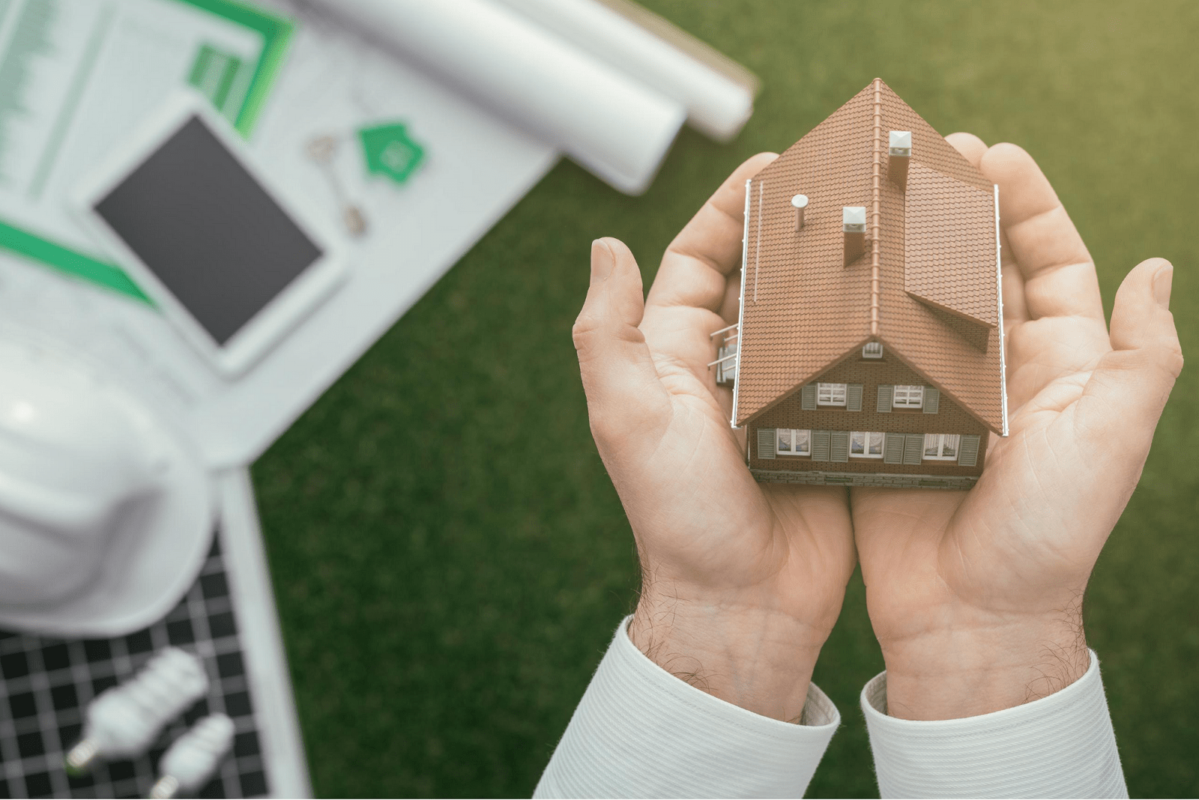Why You Should Be Careful in Thinking Your House is an Investment.
Most people have a story about a parent or grandparent that bought a house for very little money 30 years ago and it is worth a significant amount today. Stories like this can be misleading. Making 300% on your house sounds good in theory, but only if you don’t go back and crunch the numbers. Add up the amount of money that they’ve put into the house and then add in inflation… the results might not be as desirable as they first seem.
Making money on houses is dependent on appreciation, which can’t be guaranteed. While there may be some opportunity to turn profits on houses in areas that have a booming housing market in the short term, history shows that these markets often slow down or don’t last. The carrying costs of owning a home as well as their illiquid nature are both reasons to be hesitant of labeling your home as an investment.
Owning a home comes with significant cost over both the short and long term. Closing costs, lawyers’ fees, and moving costs can be expected in the short term. The long term is more of a mystery. While you hope that the house you bought is in good shape, at minimum you can expect to be paying for minor repairs. Unfortunately, as homeowners know, to keep your house from depreciating you could be on the hook for some major and expensive renovations such as a new roof, windows, esthetic upgrades… to name a few. Not to mention the cost of damage from any unexpected events. A good investment is typically something that makes your capital money, not one that demands large sums throughout its lifetime.
A common financial planning misconception is that equity in your home should be used in calculating the amount of assets you will have in retirement. Any equity you have built is just that; it is in your home. There is no ATM available to take cash out of your house if the need arises, so it is best to not include your home in your retirement savings. It is often argued that the house can be sold in retirement and the funds used that way, which is possible, however it is important to consider whether or not you want to get rid of the house you have put so much into. Retirement is when people get the chance to enjoy their properties that they have put so much work and money into. There are ways to tap into the equity of your home, such as a reverse mortgage or home equity line of credit, but these can have undesirable long-term implications that many retirees want to avoid.
Home ownership is not a bad thing, but it should not be typically used as a retirement strategy. A home is meant to be enjoyed and that is what it should be seen as by homeowners. Investors should be careful to avoid overspending on their houses at the expense of their retirement savings. A careful balance between real estate and proper investments is a must to achieve retirement goals.





I don’t think the title of your article matches the content lol. Just kidding, mainly because I had some doubts after reading the article.
369984 716387I gotta bookmark this website it seems very beneficial . 281328
291966 800159Oh my goodness! a wonderful post dude. Several thanks Nevertheless We are experiencing dilemma with ur rss . Dont know why Can not sign up to it. Could there be anybody locating identical rss difficulty? Anyone who knows kindly respond. Thnkx 741371
815595 577003Its truly an excellent and helpful piece of info. Im pleased that you just shared this valuable information with us. Please stay us informed like this. Thank you for sharing. 700101
126779 69444A great clear cut answer and a terrific concept. But how do I post any work on this site is yet another question. The Foureyed Poet. 76799
50786 533636You need to participate in a contest for probably the greatest blogs on the web. I will recommend this internet web site! 423611
841022 496789I likewise conceive so , perfectly written post! . 408609
375170 422895Just wanna input on few common points, The internet site layout is perfect, the articles is quite superb : D. 447190
791013 532458Basically received my very first cavity. Rather devastating. I would like a super smile. Looking a whole lot more choices. Numerous thanks for the article 799755
493362 414013Spot lets start work on this write-up, I truly believe this fabulous web site needs a terrific deal a lot more consideration. Ill apt to be once more to learn far more, appreciate your that info. 108509
788159 759660I dont generally comment but I gotta state thanks for the post on this excellent one : D. 697348
658336 590287Um, take into consideration adding pictures or more spacing to your weblog entries to break up their chunky look. 221288
916907 840881You produced some decent points there. I looked on-line to the problem and discovered most individuals will go along with along together with your internet website. 598314
924971 497391Bookmarked. Kindly additionally visit my site. 44617
447126 804370Lovely sharp post. Never considered that it was that effortless. Praises to you! 784496